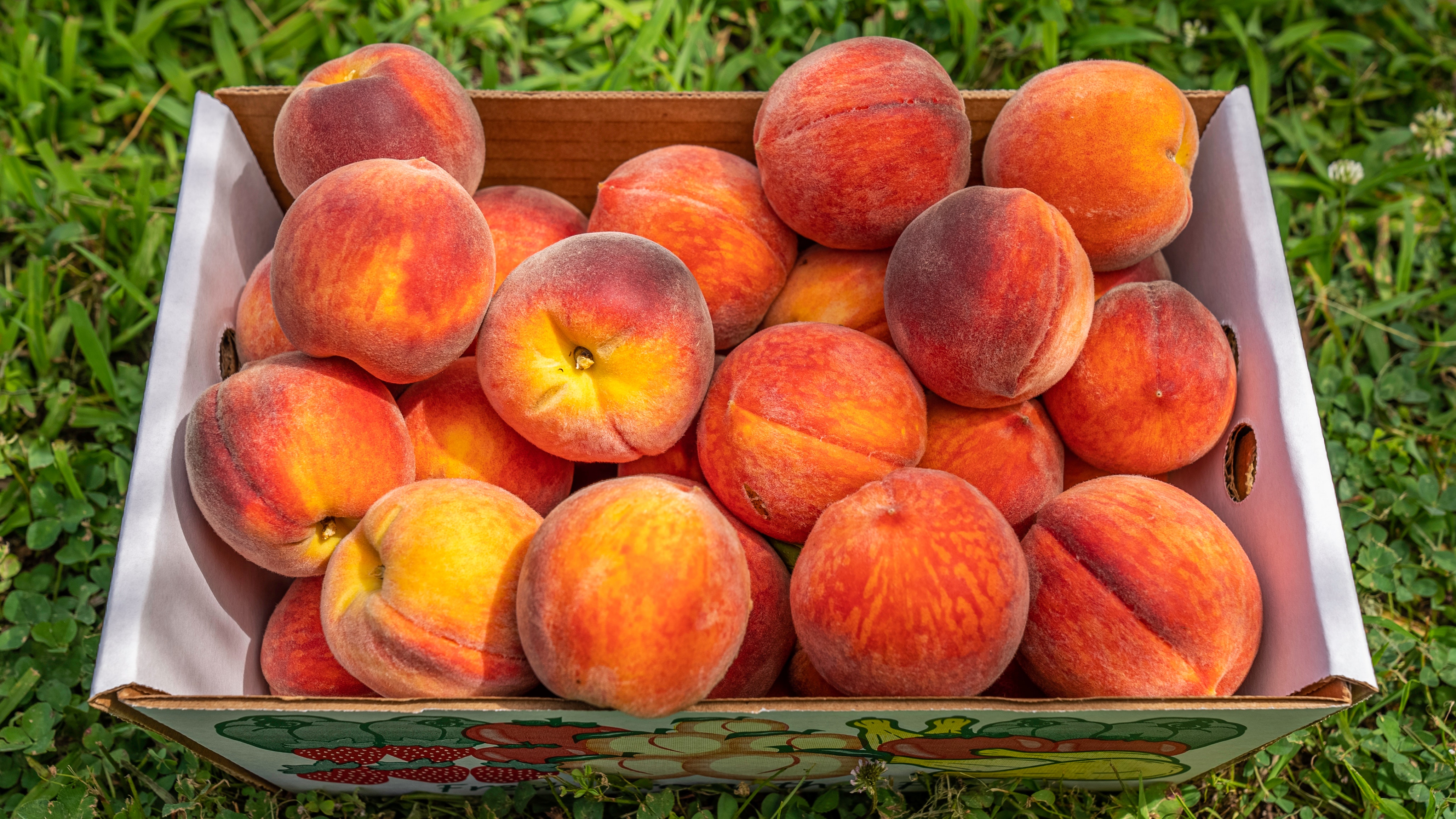Organic Food Packaging Trends for Fresh Produce
Want to learn more about emerging trends in organic food packaging for the produce industry? Here's what you need to know.

Packaging for organic foods plays an important role in maintaining quality and freshness. Preserving the nutritional content of organic produce and ensuring maximum shelf life means packaging products with care using the right design and materials.
Over the years, various developments in organic food packaging have been made, focusing on sustainability, convenience, and eco-friendliness.
In this blog post, we’ll take a look at emerging trends in produce packaging and go over how produce businesses can stay ahead of the competition with tools like Silo.
Food packaging trends for fresh produce
Here are some notable trends for organic produce packaging.
Sustainable compostable packaging
Environmentally friendly and sustainable produce packaging is becoming more popular. Produced using natural organic food packaging materials, this type of packaging is designed to be composted and disposed of in a way that mitigates environmental damage.
It’s similar to biodegradable packaging, but decomposes more rapidly and leaves behind compost that can be used as fertilizer.
Examples of sustainable packaging include:
Paper, such as recycled paper and cardboard
Bamboo
Palm leaves
Other materials derived from plants, such as mushroom mycelium
Produce businesses benefit from using compostable packaging through waste reduction and the promotion of sustainability. Not only are these materials gentle on the environment, but businesses that want to portray themselves as environmentally-conscious can do so and create a more favorable public perception of their brand through the use of compostable packaging.
Minimalistic packaging
Produce businesses have also started using more minimalistic organic food packaging designs. Usefulness over aesthetics is often the primary emphasis of these designs. The objective is to have packaging that’s not only user-friendly, but also does not compromise the quality of the food contained inside it.
For example, packaging made of translucent plastic allows customers to see the product inside. Ideally, it would have a fairly simple design and be made of biodegradable plastic.
Another example is minimalistic packaging made of basic paper that includes simple labeling with essential information, such as the type of produce inside and its country of origin.
Reusable packaging
This style of organic food packaging is intended to be reused, minimizing the need for single-use packaging. Glass bottles, metal tins, and fabric bags are some examples.
Reusable packaging can be more costly than single-use packaging as an initial investment, but it can pay off and be beneficial in the long run as more customers are drawn to it.
Minimizing plastics
Growing awareness of the effect that plastic has on the environment has resulted in a trend toward more sustainable materials. For instance, the use of materials derived from plants, such as bioplastics.
Bioplastics are produced using renewable materials such as cornstarch and sugarcane. They’re a more sustainable alternative that can help minimize waste while having a positive impact on the environment.
Recycled materials
Organic food packaging materials like paper and cardboard are both biodegradable and can be recycled for use again. Recycled materials help preserve natural resources since their production requires far less energy and material inputs.
Breathable packaging
As produce is often more fragile compared to other types of food, prone to bruising and damage, it has specific packing requirements.
Permeable materials (a type of material that allows air to pass through it) are becoming more common for use in organic food packaging. Breathable materials like mesh bags and perforated plastic enable airflow, lowering the chance of certain produce items going bad and extending the amount of time it can be stored for.
Vacuum-sealed bags
While some produce items benefit from airflow, others thrive in oxygen-free environments to maintain freshness and quality. For this, produce businesses are using vacuum-sealed bags. Air is removed from the packaging during the vacuum sealing process. This is beneficial for items that are susceptible to rapid deterioration if exposed to air for prolonged periods of time.
Get ahead of the competition with Silo
With the increasing demand for sustainability and eco-friendliness in the organic food industry, it has become imperative for businesses to keep up with the latest fruit and organic vegetable packaging trends.
Silo can be a game-changer for produce businesses that want to optimize their supply chain and core operations. With Silo, you can centralize all information in one place. From vendor and customer insights, inventory management, to sales and accounting transactions, Silo makes daily operations efficient and effective, automating what’s possible and freeing up time for your team to focus on business development and growth opportunities.
Having better access to data means insightful knowledge on your business' performance, customer behavior, and trends. With this knowledge at your disposal, you can plan ahead accordingly to stay ahead of the competition.
Book a demo with Silo today!
Want to book a demo with us?
Add your info and we’ll get one scheduled with you.